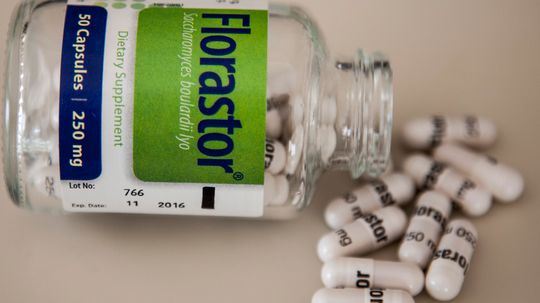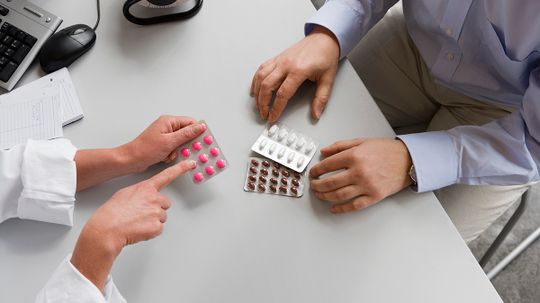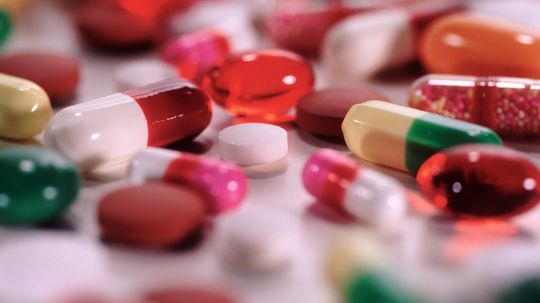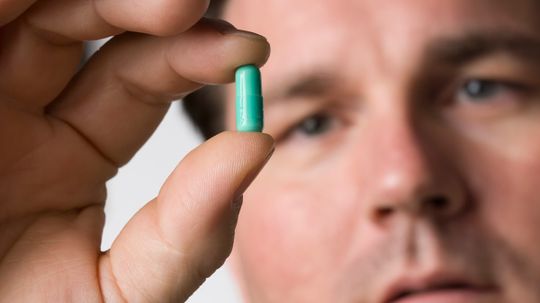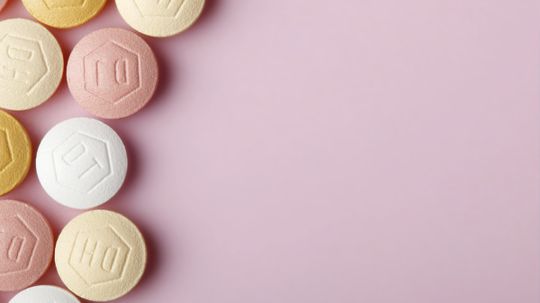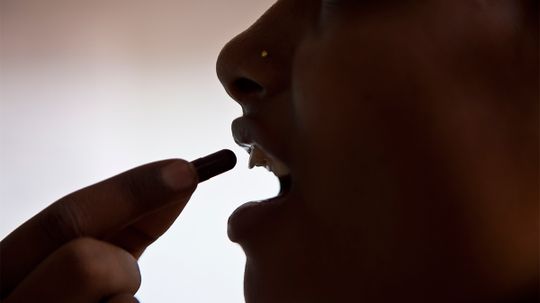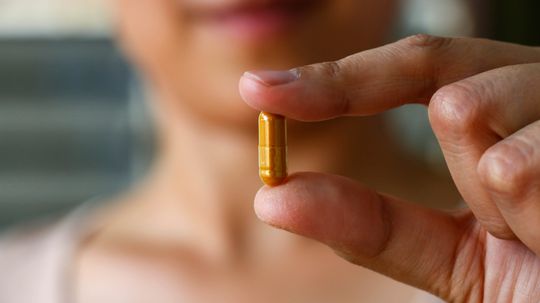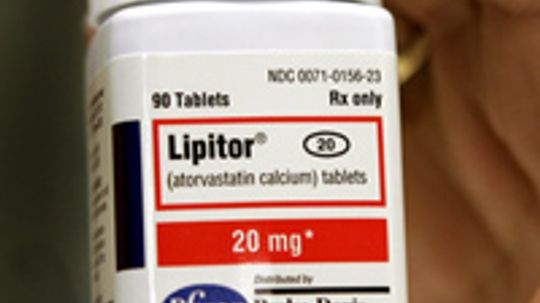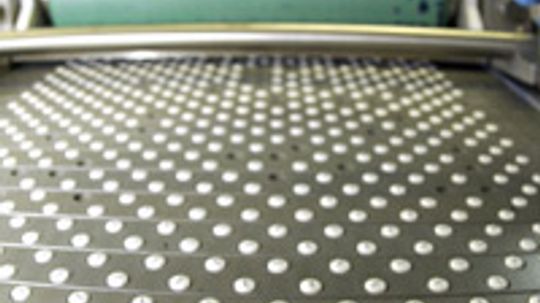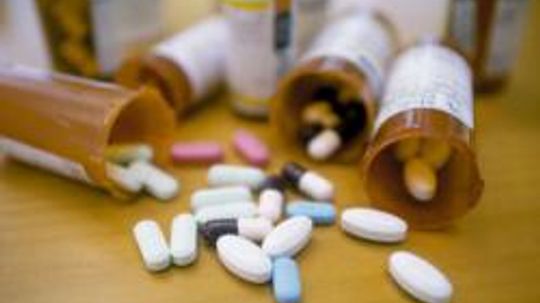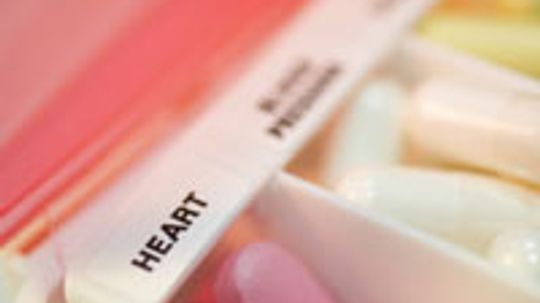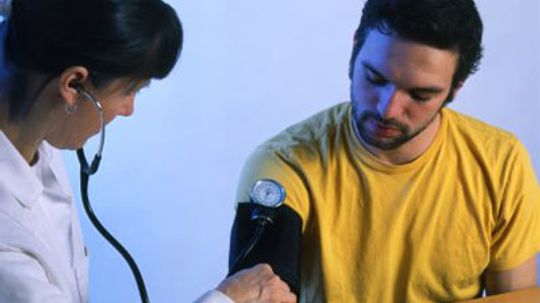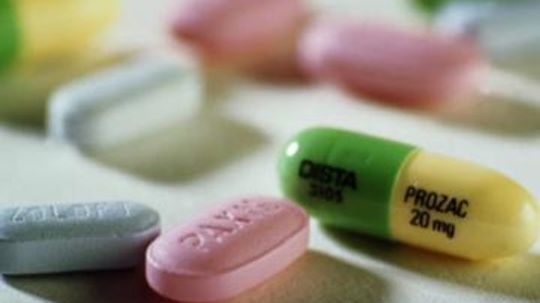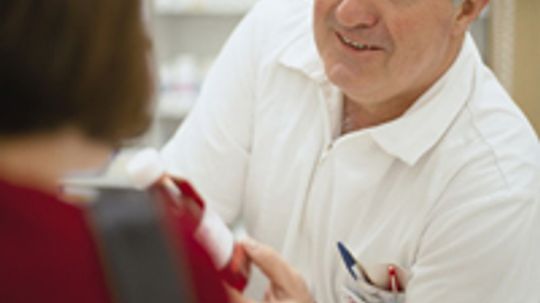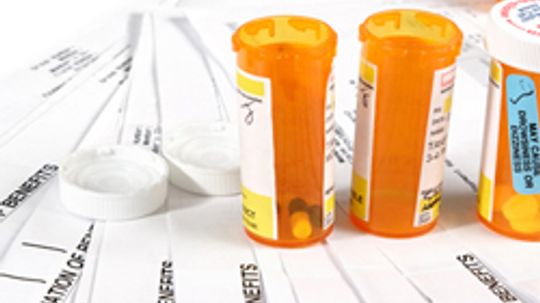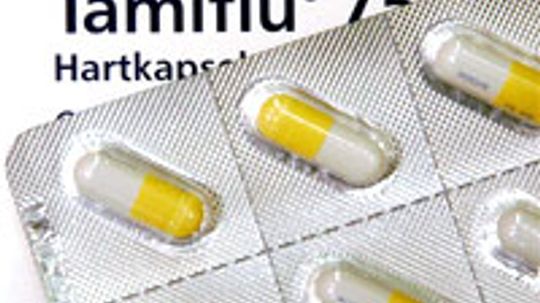Medications
There are medications for just about anything, whether it's a headache or something more serious. Get informed about prescription and over-the-counter drugs and medicine.

Is Your Hospital Diverting Ambulances Because of COVID-19?

How Ambulances Work

Can You Go to the ER Without Health Insurance?
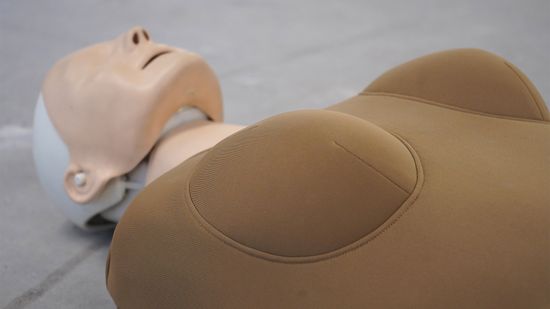
Womanikin: Overcoming the Stigma of Breasts and CPR

Women Less Likely to Receive CPR in Public, Study Finds
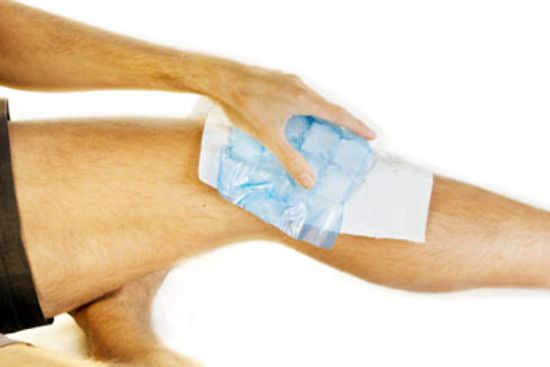
Should you use ice or heat to treat an injury?
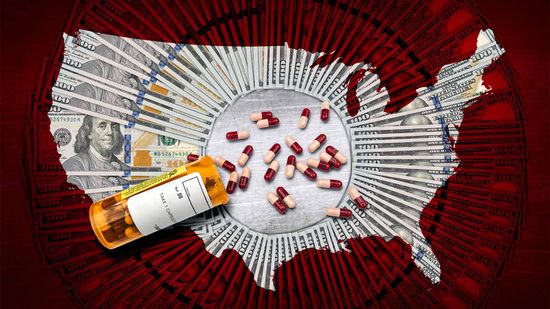
Mark Cuban Wants to Solve the U.S. Prescription Drug Price Crisis
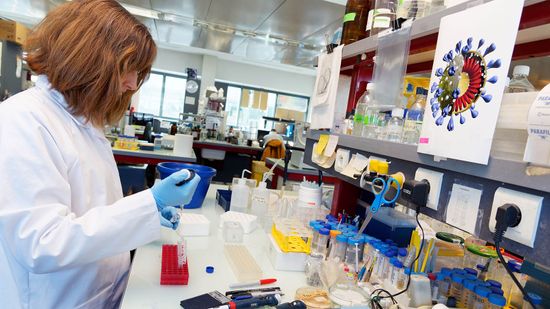
Epidemiologists Are the 'Disease Detectives' Protecting Public Health

Should Doctors Have to Pay Patients for Running Late?

Who's the Most Powerful Doctor in the World? 5 Top Contenders

10 Types of Drugs Used for Medicinal (and Illicit) Purposes

15 Types of Doctors With Different Specialties
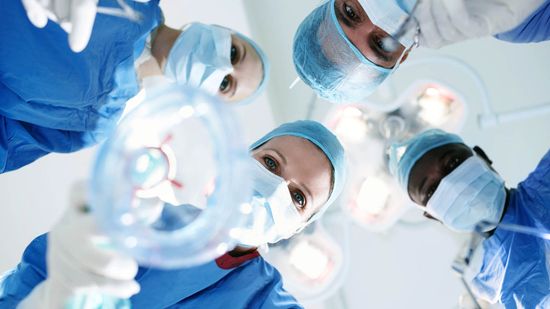
Anesthesia Awareness: When You're 'Awake and Aware' During Surgery

Prehab Could Make Your Recovery From Surgery a Bit Easier

You Need It Like a Hole in the Head: The Ancient Medical Art of Trepanation
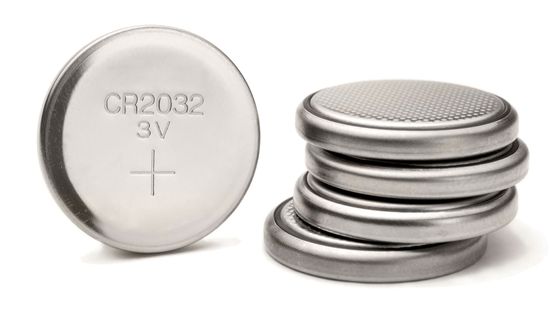
Honey Can Help If Your Child Swallows a Button Battery

What Is the Rarest Personality Type?
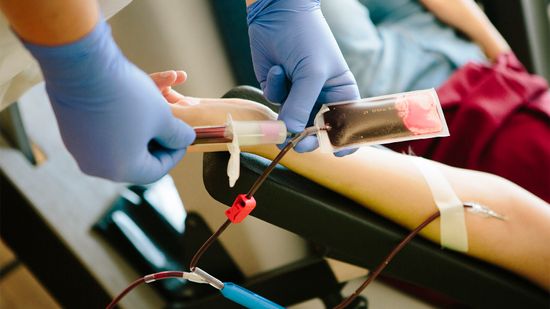
Veins, Needles, Yikes: What to Know Before Having Blood Drawn

Are Army medics and doctors on the front lines?
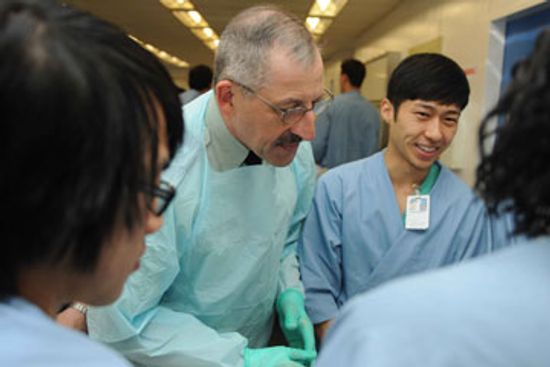
Can civilians become doctors in the U.S. Army?
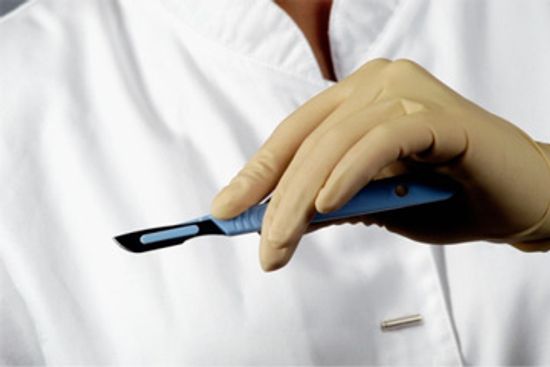
Do Army doctors and medics carry weapons?
Learn More / Page 2
Some antibiotics are a little too good at cleansing your system. As in, you might find yourself literally running to the bathroom to deal with the side effects. Can probiotics solve the problem?
A study found that antibiotic prescriptions as we know them are no match for the replicative power of drug-resistant bacteria -- and that combining them can actually make things much worse.
Mixing medications is always tricky - the last thing you want is a cocktail of side effects that makes you feel sick. But fear not! There's really only one class of antibiotics to watch out for when it comes to adding pain relief.
Advertisement
Some antibiotics cause red, itchy or dry eyes (or all three), but the majority of infection-killers aren't known for their vision side effects. There is one big exception, however, and doctors prescribe these drugs far more often than they should.
"Better safe than sorry" is a dubious maxim when applied to medication prescriptions. If you're on the pill and holding a script for penicillin, just how worried should you be about an unintended pregnancy?
You know how bad guys never die in horror movies? Bacteria are rapidly becoming like that. So how do we wipe out bacteria and the resulting infections without antibiotics?
As children, we couldn't use fancy words to describe our scrapes, but we could point and wince, and somehow the medicine knew where we hurt. It still does. How?
Advertisement
Learn about cytoprotective barrier agents, including possible side effects and drug interactions, in this article.
Imagine just being able to indulge in a pill that will make you small enough to fit into a bikini -- without having to trudge to the gym. Does a drug called Lipozene do the trick, or is too good to be true?
Depression is tough. It affects your mood, your relationships -- and your body. For some people, depression is also a source of physical pain. That's where Cymbalta comes in.
The bigger the better? Not when we're talking bad-cholesterol numbers. The drug Lipitor takes that number way down. How does a little pill pack such a punch?
Advertisement
Lots of folks take a daily aspirin to lower their risk of getting heart disease. How does this little white pill help prevent blood clots from forming?
By Julia Layton
Rainbow-colored pee? No, you're not crazy -- it could be a side effect of a medication you're taking. What's the weirdest thing a drug can do?
Inotropic drugs, which are used to manage various heart conditions, alter the force of your heartbeat. How do they work, and what are some of their side effects?
Vasodilator drugs help lower blood pressure by widening blood vessels. How do they work, exactly -- and are there any serious side effects?
Advertisement
Doctors are prescribing more antidepressant drugs than ever. What does this trend suggest? Are these drugs being overprescribed, or are patients simply more comfortable with confiding in doctors about depression?
By Jane McGrath
Diuretics are used to treat a wide variety of conditions. Learn about diuretics in this article and find out what conditions diuretics can treat.
About half of all prescriptions are filled with a generic equivalent of a brand-name drug. Generic drugs have the same active ingredients, safety and effectiveness as brand-name medications, but are they really just as good? And why are they so much cheaper than brand-name drugs?
We often hear that antidepressants, cholesterol medicines, blood pressure drugs and countless other prescription medications are widely used in the U.S. How do the most commonly-used prescription drugs compare in terms of sales?
Advertisement
Insulin therapy is a lifesaver for those with type 1 diabetes. Learn the history of insulin, how it was first extracted, where it comes from, and which type is used today.
High blood pressure is the leading cause of death among Americans. Fortunately, there are a number of blood pressure medications that can vastly reduce a patient's risk. Learn more about blood pressure medications.
By Alex Nechas
Following more than 200 reports of strange behavior in minors taking Tamiflu, including 15 deaths, the FDA has made an addition to the drug's warning label.
By Julia Layton
Prescription drug costs are out of control. But you, as a consumer, don't have to just sit back and pay them or, worse, forgo proper medical treatment. Learn how to pay less for prescription drugs.
Advertisement
OTC painkillers come with warnings that should be taken seriously. Learn about OTC painkillers warnings in this article.
Medications for the ears and the eyes range from antibiotics and steroids for ear infections to beta blockers and carbonic anhydrate inhibitors for glaucoma. Read more information about how ear and eye prescription drugs work.
